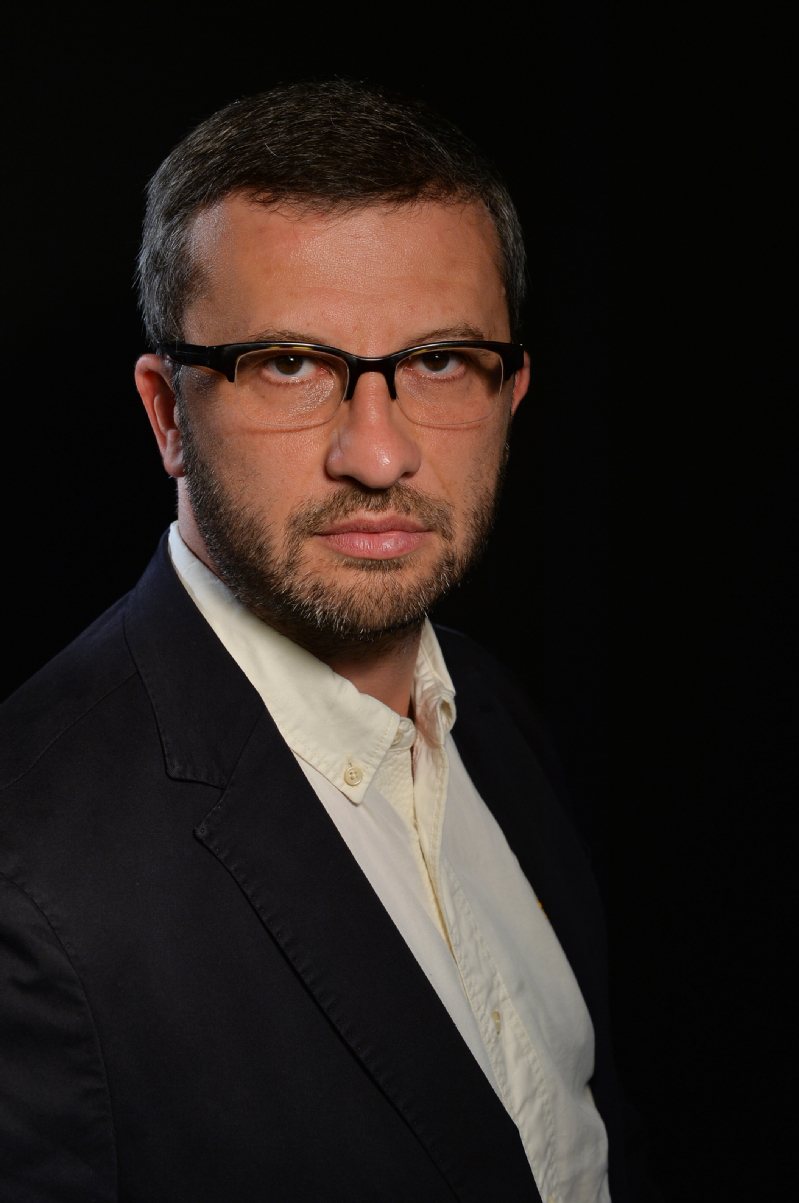|
|
| Educational Background |
2025 - Sorbonne Université (France), Habilitation à diriger des recherches in Slavic Studies 1999 -2009 - University of North Carolina at Chapel Hill (USA), Ph.D. in Russian History, 1997–1998 - Central European University (Budapest, Hungary), M.A. in Central European History, 1998 1992-1997 - Russian State University for the Humanities (Moscow, Russia), Diploma in History |
| Prior Employment |
2020-2022 - Associate Professor of History, National Research University Higher School of Economics (Moscow, Russia) 2013-2019 - Assistant Professor of History, National Research University Higher School of Economics (Moscow) 2012-2013 - Vice-Minister, Ministry of Education and Science of the Russian Federation 2007 – 2012 - Director for Policy Studies, New Economic School (Moscow, Russia) |
| Profile |
Igor Fedyukin is a historian of Russia in the world in the eighteenth and the nineteenth centuries. His articles have appeared in Economic History Review, Theory and Society, Journal of Interdisciplinary History, Slavic Review, Russian Review, Paedagogica Historica, Journal of Social History, Cahiers du Monde russe, and other venues, and he has edited and coedited a number of collective volumes in English and in Russian. His first monograph, The Enterprisers: The Politics of School in Early Modern Russia (OUP, 2019; Russian translation, NLO, 2020) offers a fresh interpretation of the emergence of the new, secular, technically-oriented schools in Russia during the reigns of Peter I and his successors by highlighting the role played in their creation by individual actors – “projectors,” as they were sometimes called by their contemporaries, or “administrative entrepreneurs,” as Fedyukin calls them – in developing secular schooling in Russia during the first half of the eighteenth century.
Currently, Fedyukin is finishing a monograph tentatively titled Russia’s Libertine Century. This book project explores Russia’s eighteenth-century social and cultural transformation and engagement with Europe as it was reflected in the evolution of illicit sexual practices through the biographies of three members of one particular aristocratic family, the Beloselskiis, and their respective generations. Using the archives of police in Russia and France, and also a wide variety of personal letters and diaries, it attempts to demonstrate how the “Enlightenment” entered – even if in extremely diluted, vernacularized, and sometimes barely recognizable forms – the lives of the eighteenth-century Russians who are not counted among the intellectuals of their day. Parallel to that, he is also coordinating a collective volume that employs the lenses of New Diplomatic History to explore the linguistic dimension of Russian eighteenth-century diplomacy.
Prior to joining ShanghaiTech, Igor Fedyukin taught at the National Research University Higher School of Economics in Moscow. He has received fellowships from the Jordan Center for the Advanced Study of Russia at New York University; University of Sheffield; Woodrow Wilson International Center for Scholars (Washington, DC); Maison de Science de l’Homme (Paris); and Institut für die Wissenschaften vom Menschen (Vienna, Austria). He is a member of editorial board of Kritika: Explorations in Russian and Eurasian History and ВИВЛIОθИКА: E-Journal of Eighteenth-Century Russian Studies, as well as the founding editor of Rossica Inedita series (HSE Press). |
| Publications |
The Enterprisers: The Politics of School in Early Modern Russia (Oxford University Press, 2019) Building Research Universities - Insights from Post-Soviet States. Eds. Maia Chankseliani, Igor Fedyukin and Isak Froumin (Palgrave,2022) Visions of education for the nobility in Europe (seventeenth-early nineteenth centuries) [in Russian]. Eds. Vladislav Rjeoutskii, Wladimir Berelowitch, and Igor Fedyukin (NLO, 2018). “A well-regulated academy is to be established”: Educational projects in Russia in the first half of the eighteenth century [In Russian]. Ed. Igor Fedyukin (Novoe izdatel’stvo, 2014). |

